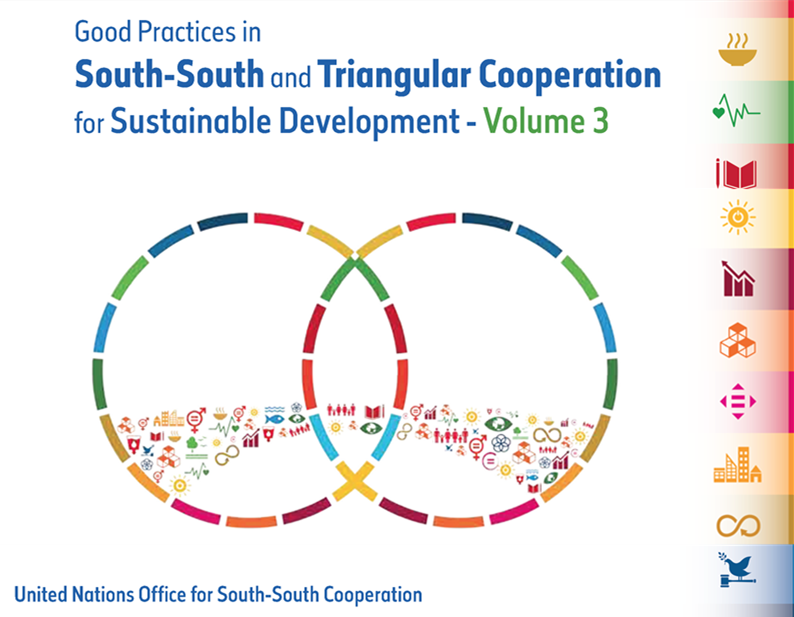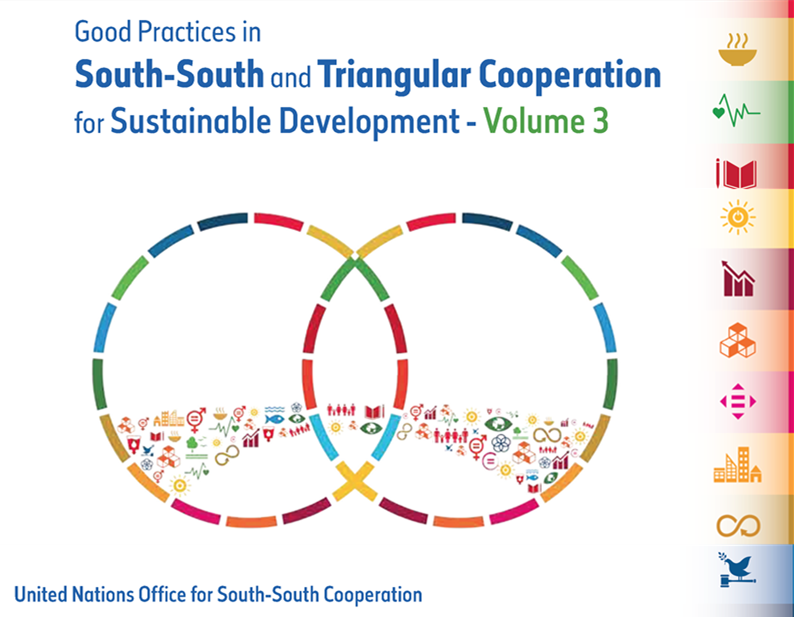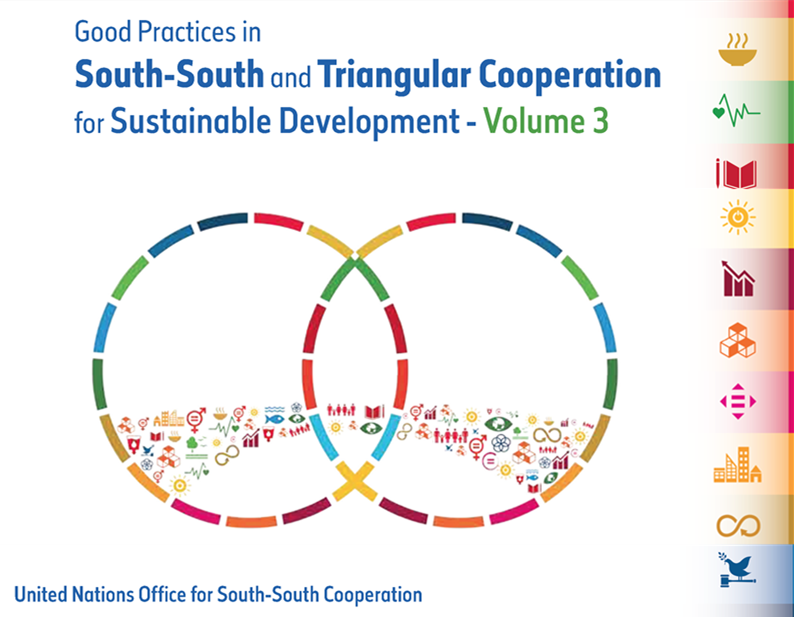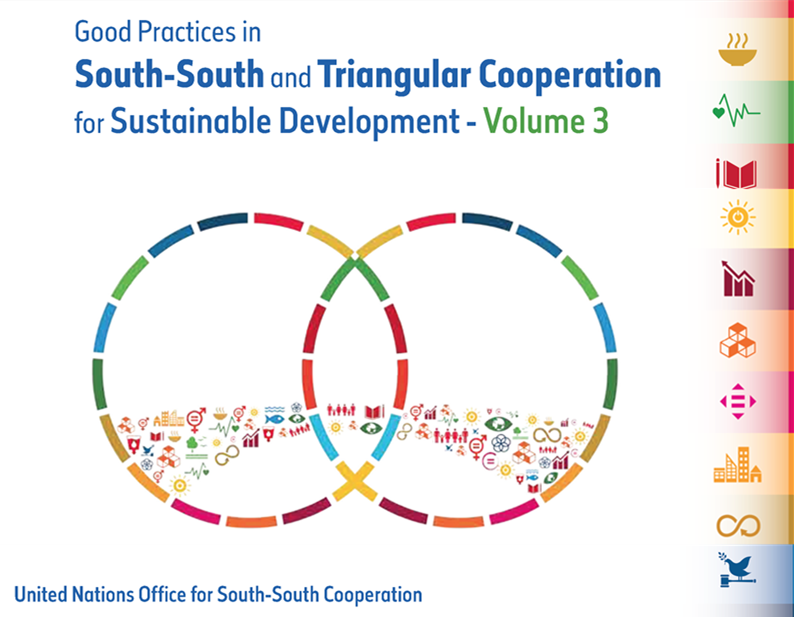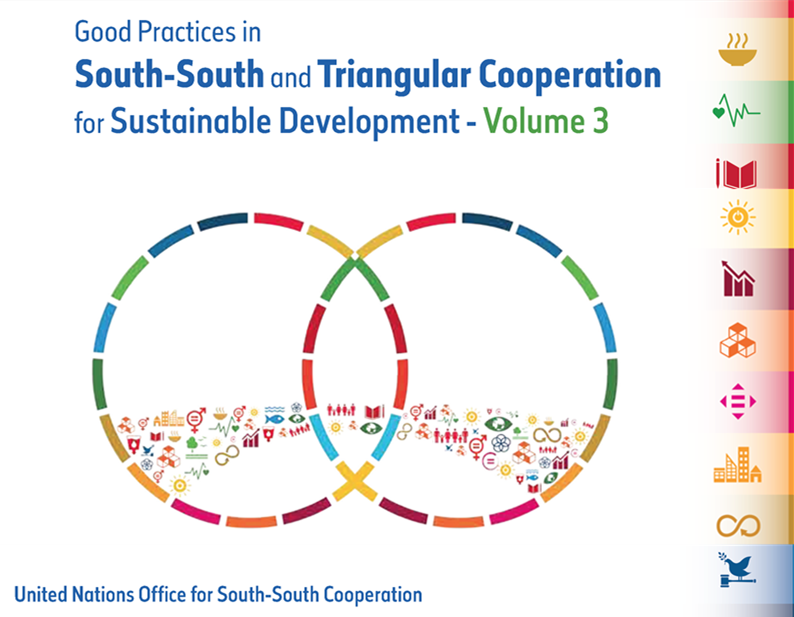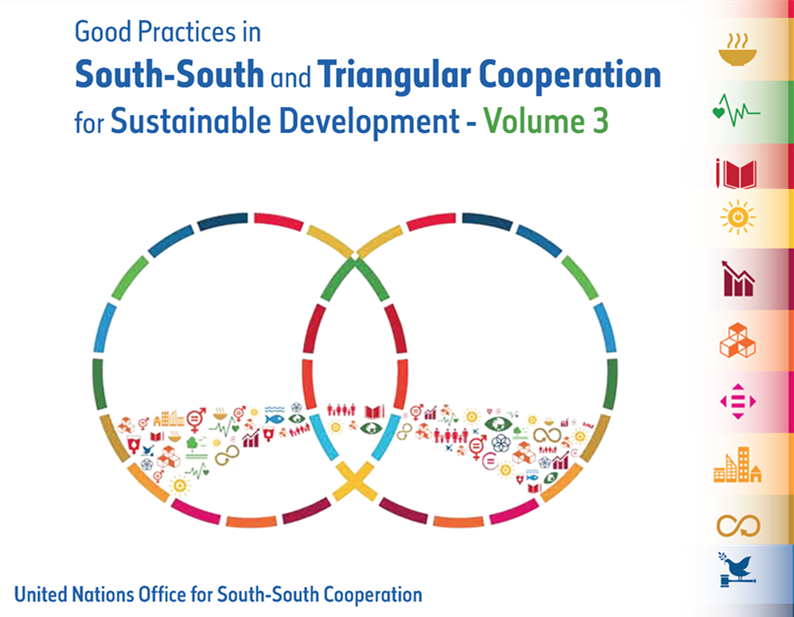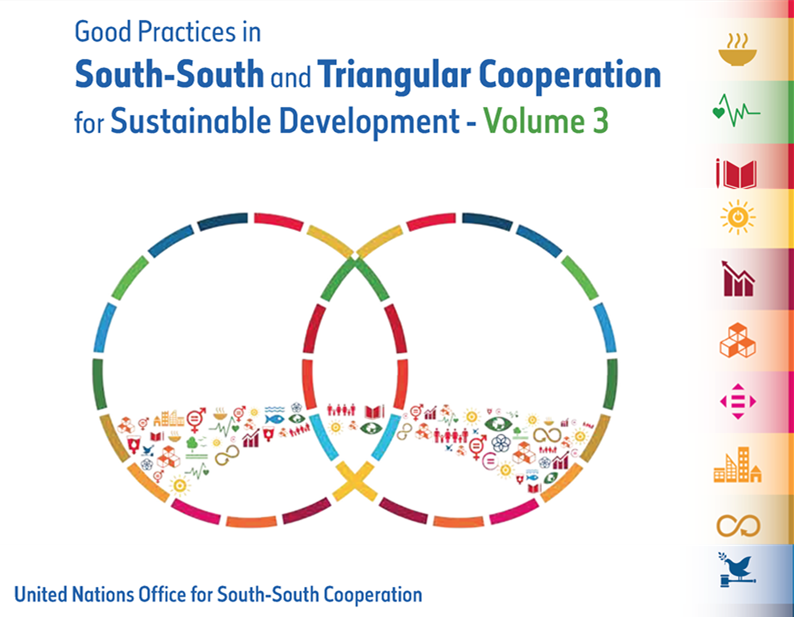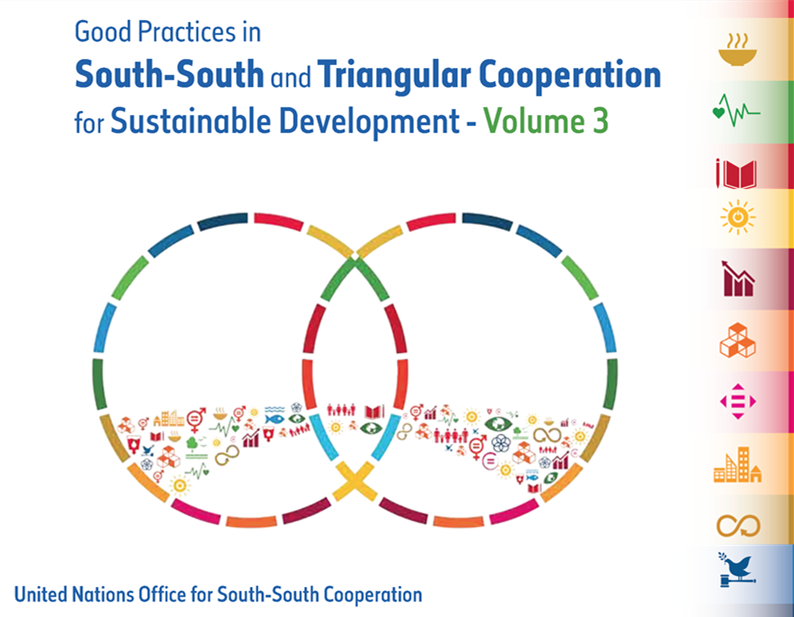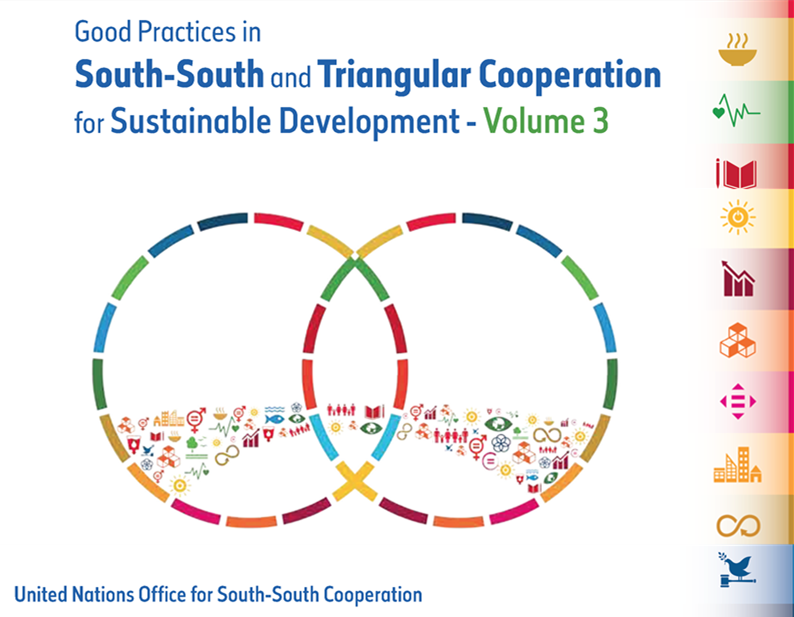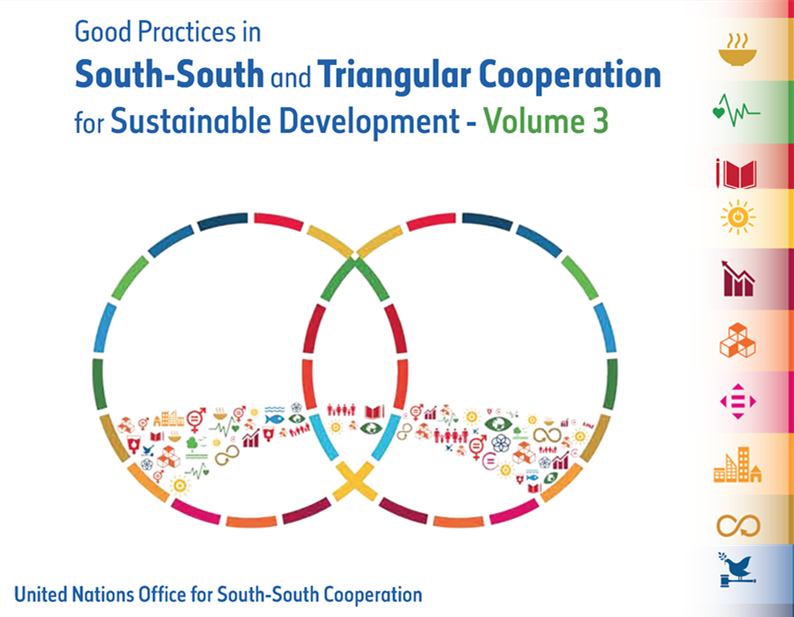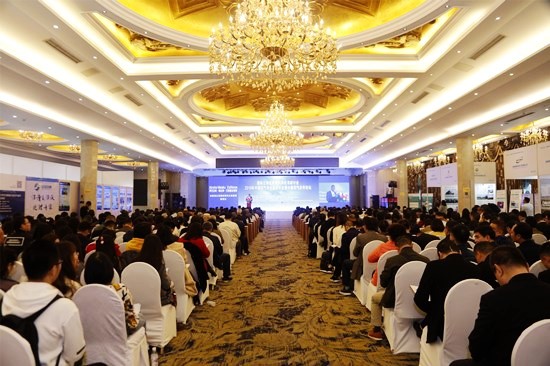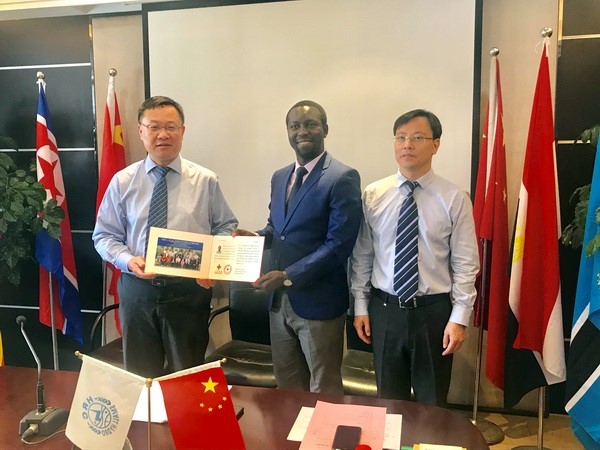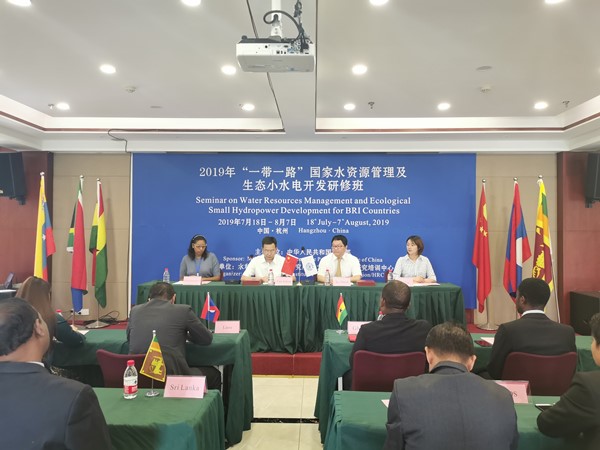2021-12-02 16:43:27 Exellent Case
Plastics can be divided into conventional plastics and special plastics according to their uses. Con�ventional plastics include general-purpose and engineering plastics; special plastics are functional plastic materials. These are high-tech materials that use general-purpose and engineering plastics as a base, which are then filled, blended or reinforced for specific performance purposes or to improve flame retardancy, strength, impact resistance and toughness. Examples include magnetic permeabil�ity materials, medical polymers, photosensitive materials and pearlescent materials.
Functional plastic materials have been widely used in various fields and have recently become more common in many South-East Asian countries and some developing countries in Latin America. Due to a lack of research and development in functional plastics in these countries and regions, most rely on imports from abroad. As a result, functional plastic products are expensive, and large-scale promotion and application are unsuccessful.
Functional plastic materials are convenient because of their unique performance and advantages, but incorrect use will harm the environment. This project relies on technology to make up for the deficiencies of general-purpose plastics. It seeks to improve product performance, explore simple re�cycling options and analyse environmentally degradable performance for sustainable development.
